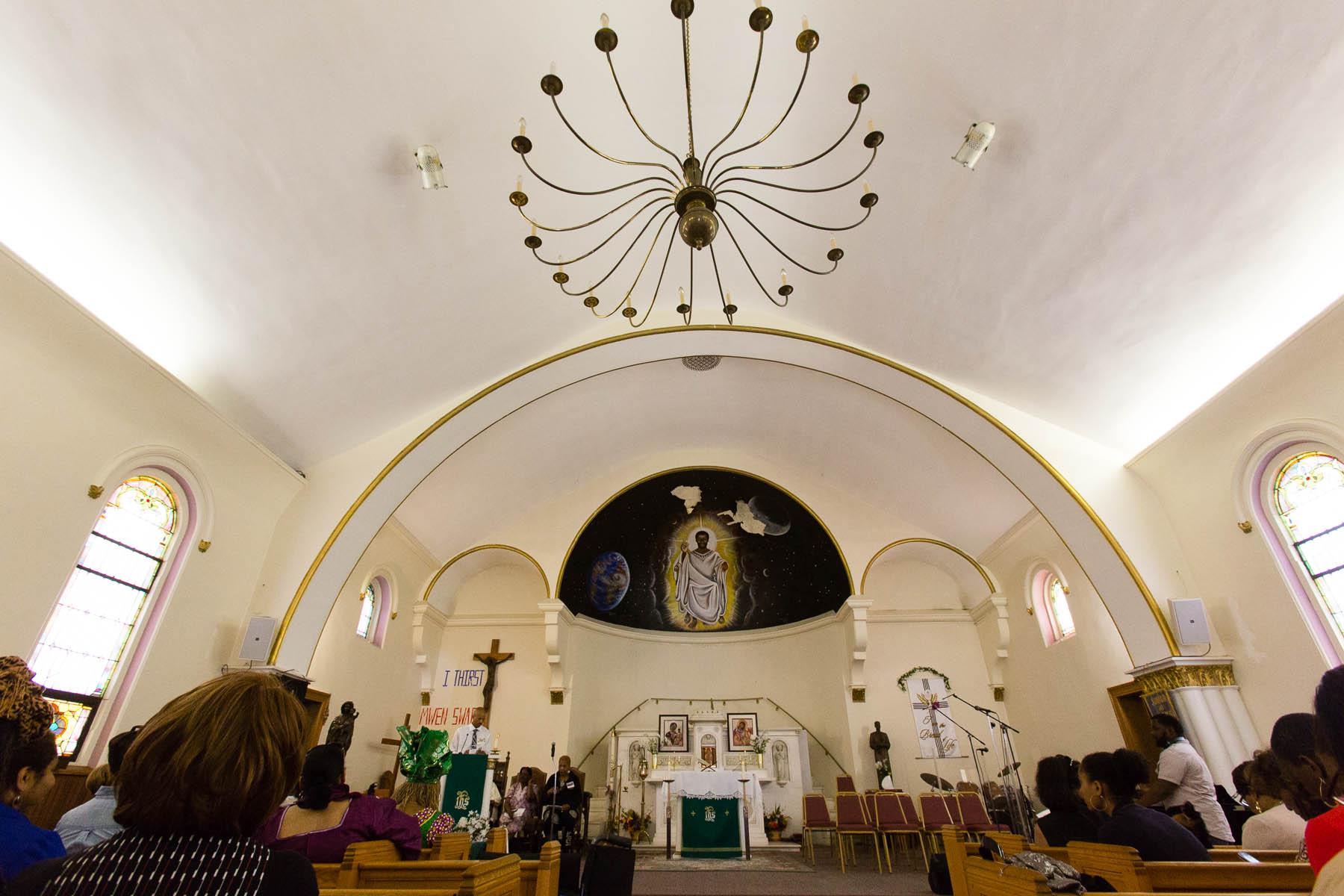By Rev. Dr. Angelique Walker-Smith
Since the earliest days of Christianity, people of African descent have been drawn to the Word. This legacy is manifested in the United States through the lives and descendants of African slaves forced to immigrate to the Americas. In An Unbroken Circle, Father Antonious, a scholar in the Coptic (Egyptian) Orthodox Church, argues that “ancient, apostolic, Orthodox Christianity has gone full circle, from continent to continent, from Christ to His Apostles, from the Apostles to ancient Africa, from Africa to America, and from Black Americans to their sons and daughters.”
Father Antonious points out that “[f]rom its beginning to its end, the Bible provides information about God’s dealing with numerous nations, peoples, and tongues. Of the many people who are mentioned and highlighted in the Scripture, many are black people, African people.” This Pan-African lens helps us understand why churches primarily composed of people of African descent have advanced expressions of their global identity.
From the beginnings of ancient African churches, like the Coptic and Ethiopian Orthodox, a primary mandate has been to share the gospel to African kindred. This is also true of Historic African-American churches. These churches have had a special affinity to Africa and the African Diaspora. Each is organized to claim its historic Christian identity while deepening its commitment to ministry and mission.
This legacy extends beyond ancient churches and Historic African-American churches to African-American congregations within national churches that are not predominantly African-American. These include Protestant, Orthodox, Catholic, and Pentecostal families of faith. Many have a strong evangelical orientation. It is rare to visit national or international gatherings of these sects and not see Pan-African representation.
Today, a renewed fervor in these churches has resulted in reorganized networks, associations, and denominational bodies in the United States, Africa, the Caribbean, Latin America, and other parts of the world. In the United States, this has been sparked, in part, by an increase of first- and second-generation Christian immigrants of African descent .
Congregants in these churches understand the urgency of addressing hunger and poverty as priorities. The life and teachings of Jesus illustrate this, as do the history and present realities of Pan-African people in the United States and the world—who disproportionately experience hunger and poverty.
Bread for the World has always been a partner with these churches and looks forward deepening that relationship as we celebrate Black history.
Rev. Dr. Angelique Walker-Smith is senior associate for pan-African and Orthodox church engagement at Bread for the World.



